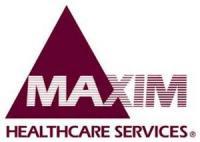There's an ongoing investigation regarding shareholder losses related to the price discrepancies that came about between Exchange-Traded Funds (“ETFs”) and their underlying assets on August 24, 2015.
Persons with non-public information regarding any ETF should consider their options to help in the investigation or take advantage of the SEC Whistleblower program. Under the SEC whistleblower program, whistleblowers who provide original information may receive rewards up to 30 percent of any successful recovery made by the SEC.
The disconnected price declines occurred in some of the industry’s largest funds: The $19 billion Vanguard Dividend Appreciation ETF (NYSEArca: VIG), which is focused on blue-chip stocks, traded down by as much as 37% while the net asset value of the stocks in its index only fell about 7%. Finally, the $13 billion SDPR S&P Dividend ETF’s (NYSEArca:SDY) price dropped by as much as 38%, although the value of its stock index declined by only 6.2%.
Although the prices eventually corrected, retail investors lost an undetermined amount. Volatility in ETF markets could have an enormous impact on investors as ETFs in the U.S. comprise roughly $2.4 trillion in assets under management and make up over 27% of stock trading volume on U.S. Exchanges.
Among the issues being looked at in the current investigation include representations made by ETF sponsors about pricing, the role of participating dealers and market makers, and the role of high speed trading and arbitrage by the market makers and others.







